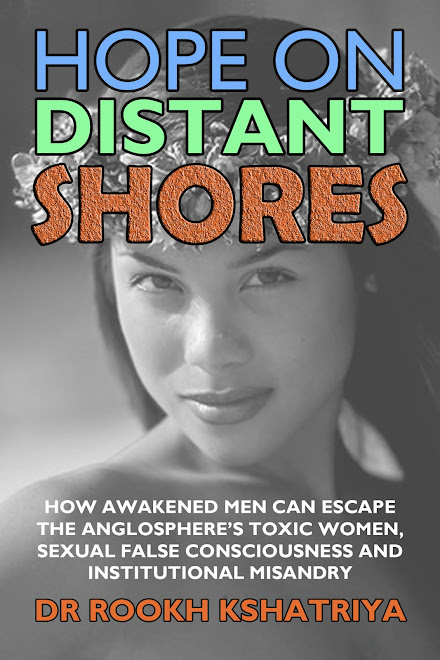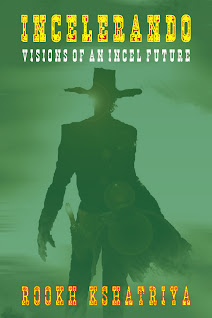
By any reasonable assessment criteria, Anglo-American feminism is an abject failure. While enormous damage has been done to the family, to Marriage and other traditional institutions (or their pan-Anglosphere shadows that yet survive), most Anglo women are not feminists, at least not as originally conceived in the heady days of the Sixties. To the contrary, Anglo-American women are today never more immersed in ‘bourgeois’ lifestyles, values and assumptions: consumerism, vanity and sexual barter for material gain.
We see this attachment to bourgeois values in Feministing.com – a major mass conduit of contemporary feminism. Nearly all the Feministing women who post on YouTube are obvious avatars of bourgeois respectability: straight, pearly teeth, carefully applied make-up and costly designer clothes. If these women were truly opposed to the extant social order, they would dress with complete indifference to traditional female standards. Self-evidently, they retain a knee-jerk affinity to the existing social order and its values. Yet this, according to them, is an oppressive patriarchy that militates against their social and emotional well-being. Moreover, the computers they use, the publishers who print their turgid books, their cosseted university enclaves – are all products of the patriarchy they profess to despise. If they want to reject patriarchy, why do they not jettison their attachment to these creations of ‘oppressive’ patriarchal society? Why not live in feminist communes in the wilderness and ‘start again’ from ‘Year Zero’ like Pol Pot, using an exclusively feminist science and technology?
This ambivalent relationship with the social order is well-answered by Jessica Valenti’s public autobiography (Jessica, for the uninitiated, is 'Executive Editor' of Feministing.com). She is, somewhat predictably, a Women’s Studies graduate from some private university; and conducts herself like a typically spoilt, glossy product of the salubrious suburbs. At a cursory glance, the same is true of her followers on YouTube and elsewhere. Judging by Bernard Chapin’s scathing YouTube report on Valenti’s book, Full Frontal Feminism: A Young Woman's Guide to Why Feminism Matters, her major problem seems to be her prominent nose – a physical birth defect entirely unrelated to Anglo-American patriarchy. Interestingly, Full Frontal Feminism boasts a naked female body on the cover - and a somewhat suggestive title for a supposedly 'feminist' text.
Cutting to the chase, the whole point is that Jessica Valenti really has no legitimate gripe with the social order. Indeed, she has largely profited by an intimate association with it; and remains on the decidedly advantaged side of it. In other words, her ‘activism’ is just a careerist sham; she has nothing to protest about. This is not an African-American male maimed in Vietnam living in a trailer on a pittance; this is a hyper-advantaged individual profiteering from hollow rhetoric. All Feministing YouTube broadcasts have the same vacuous quality; much ado about nothing. The ‘Friday Feministing Fuck You’ always addresses the same tangential ephemera, never the real issues of the day (financial meltdown, political corruption, the war in Iraq or pan-Anglosphere social collapse).
Bluntly, this is because Anglo-American feminism is a bourgeois, white phenomenon, safely cocooned from mainstream social reality. Additionally, Anglo-American women enjoy rights denied to most women around the world – to education, autonomy and property ownership. Atop everything, they retain traditional privileges – for example, young American women do not have to register for the Draft, unlike their male counterparts. And so we see why Jessica Valenti engages in rhetorical politics: her protests ring hollow because the advantaged and integrated have no purchase on protest.
Feministing.com is a sham – and so is all Anglobitch feminism.

















